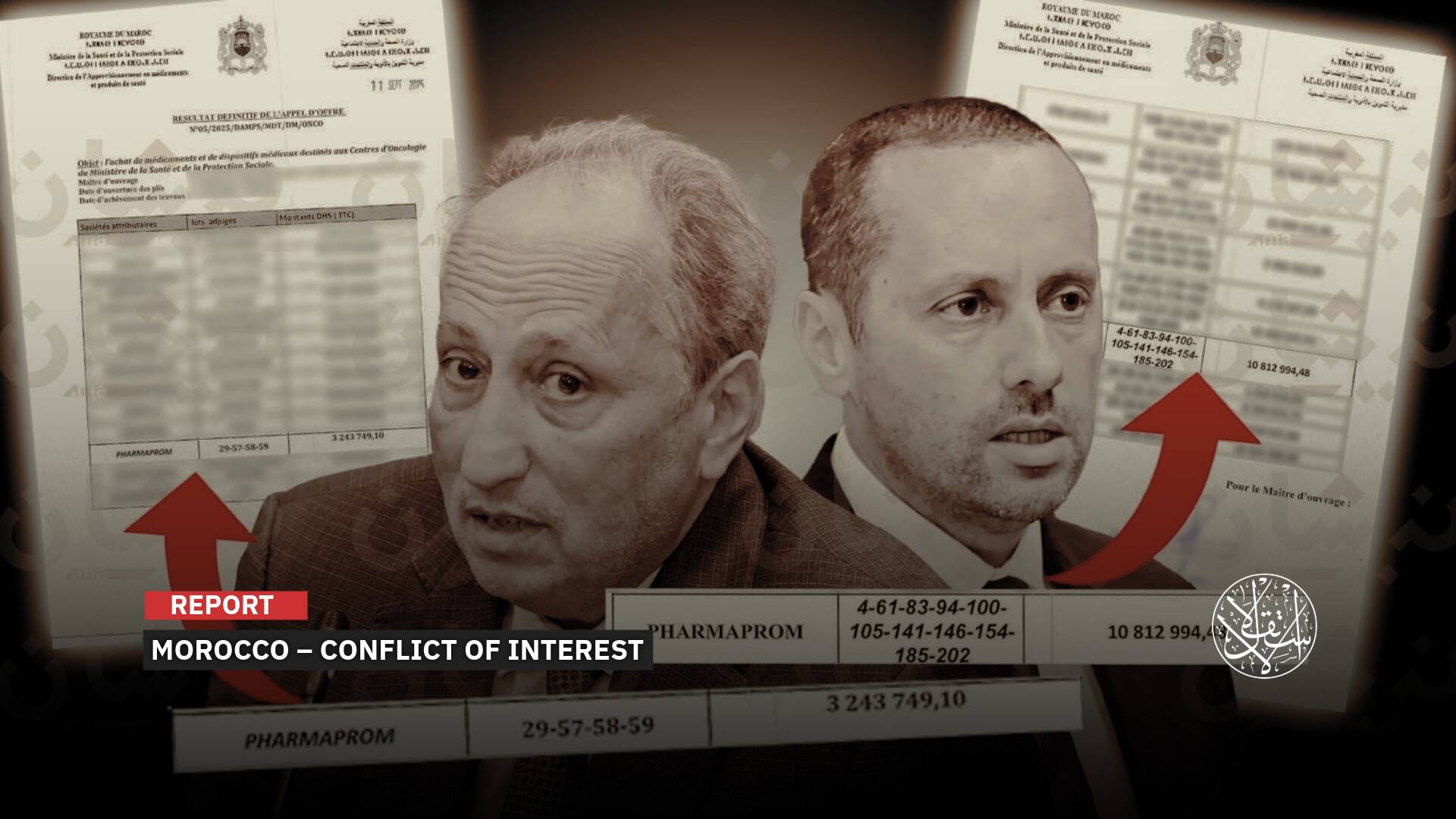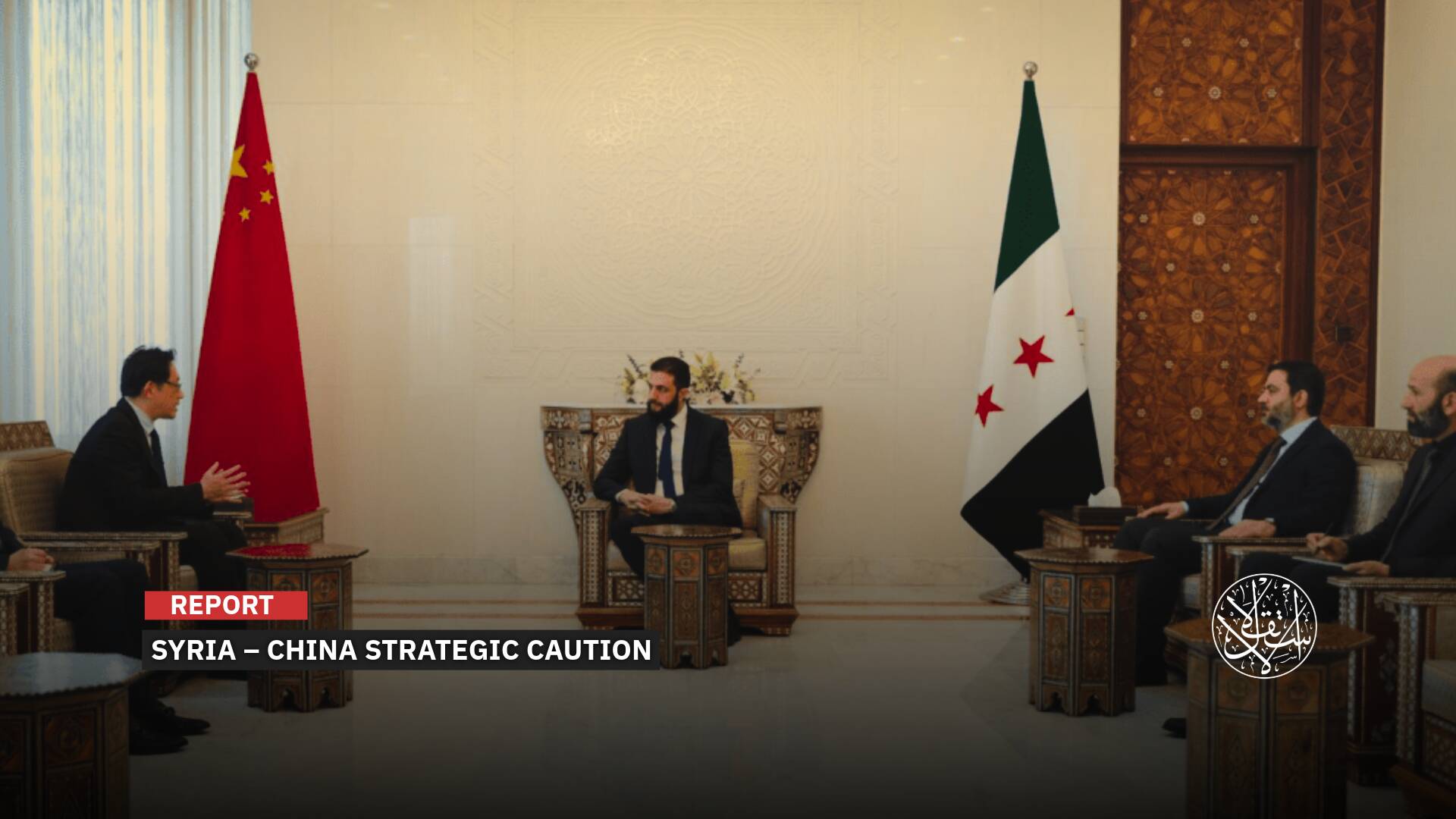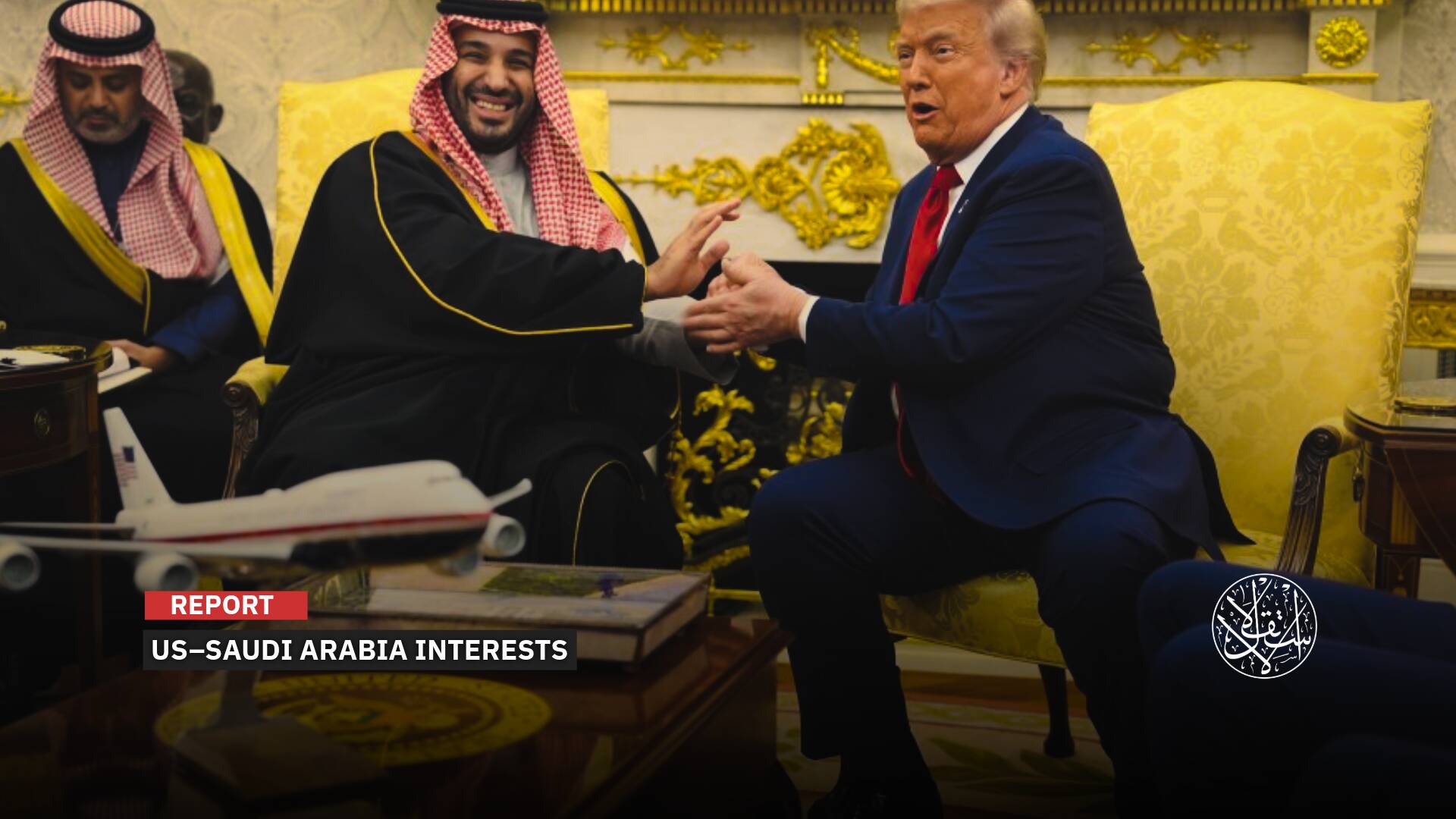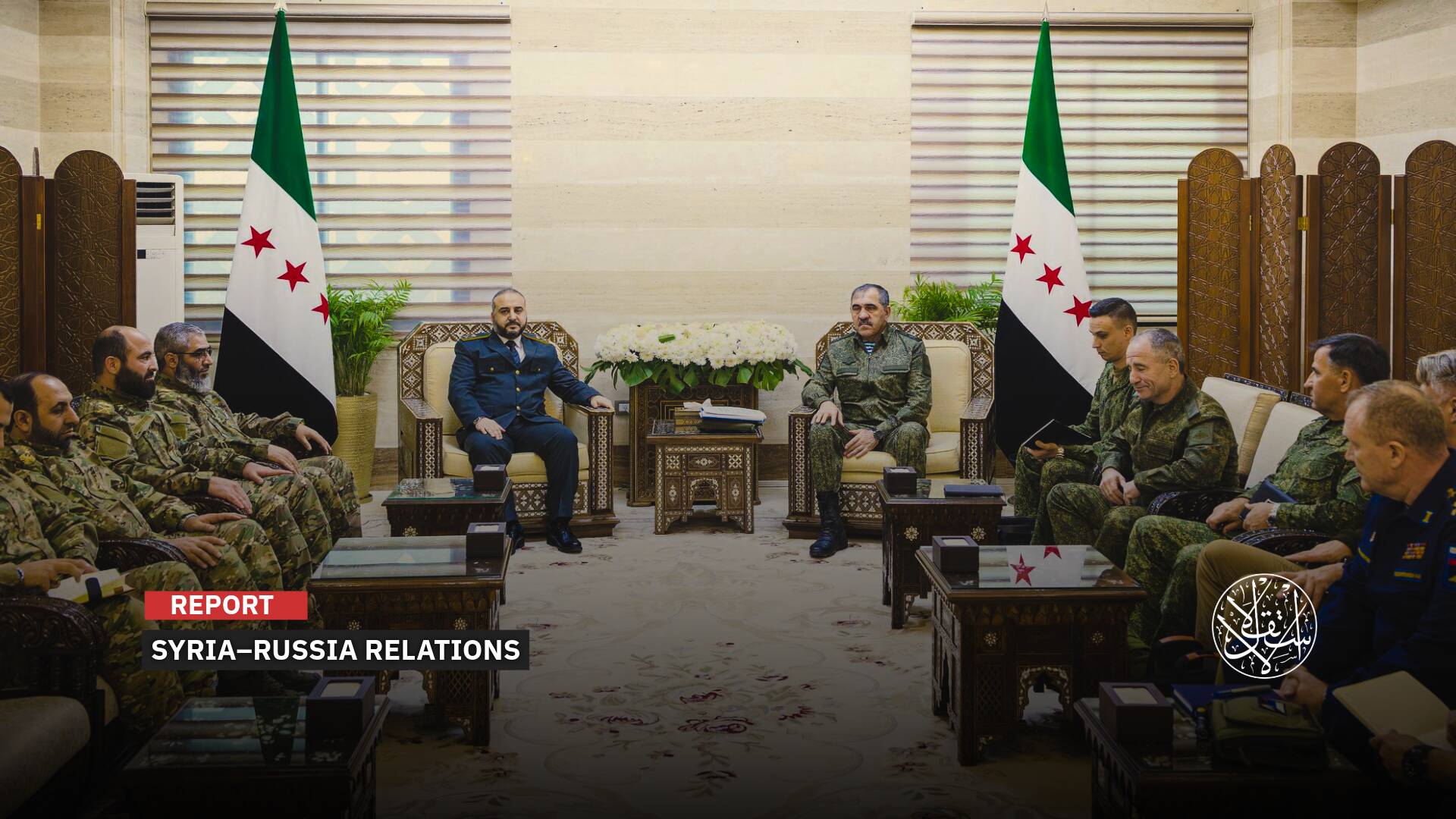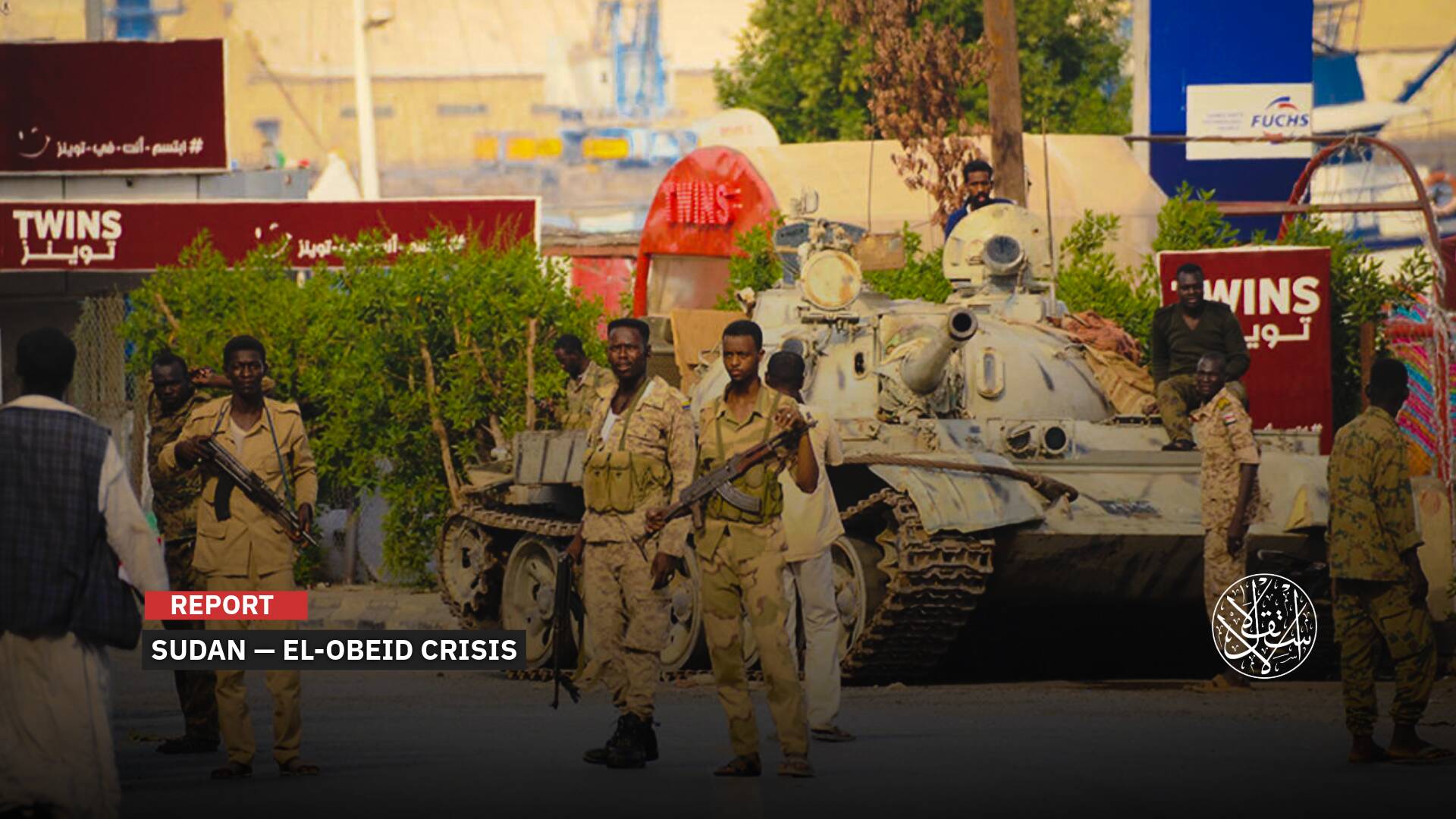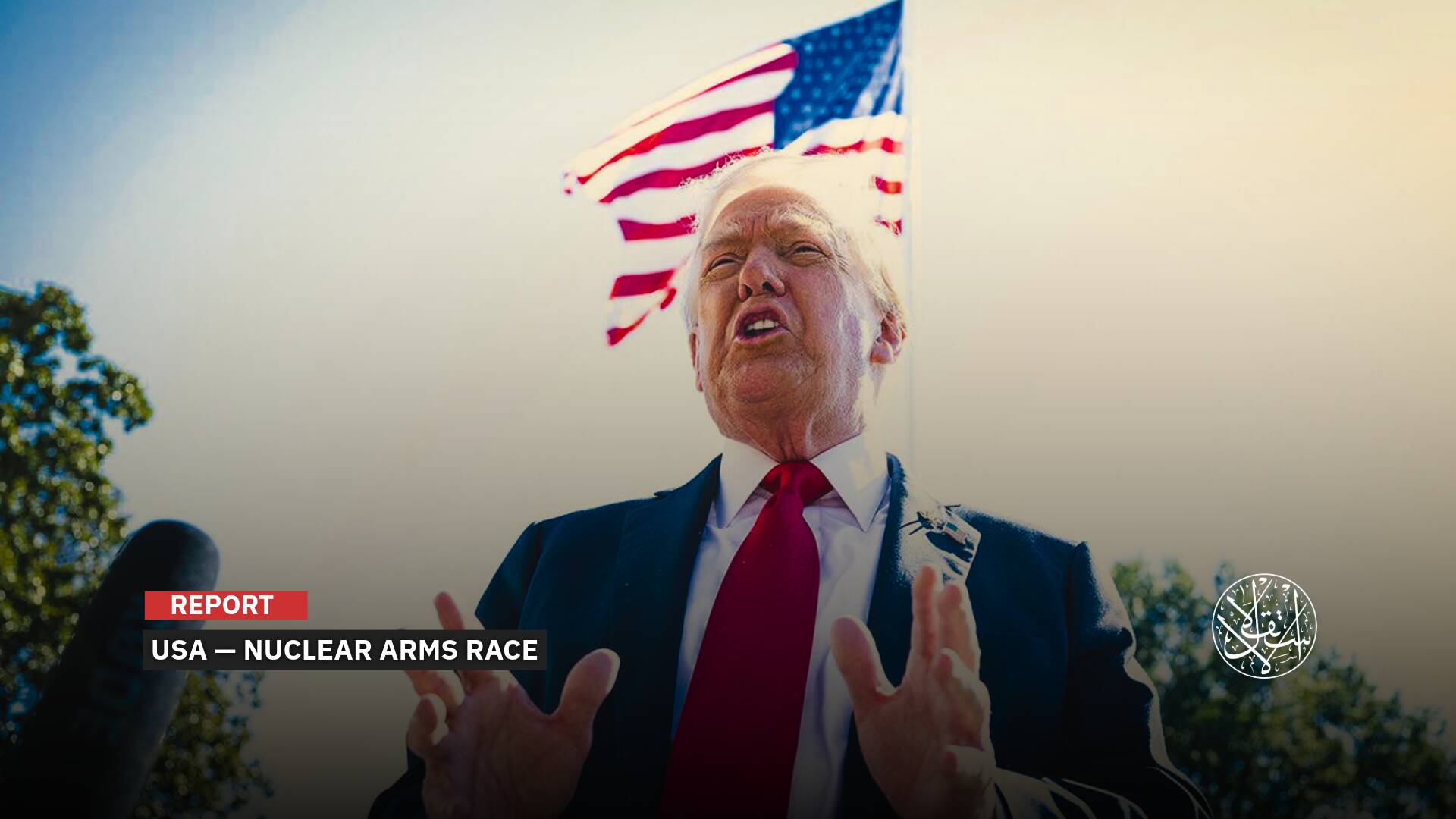Will Coordinated Western Pressure Push Georgia Away Towards Moscow?

“At its mid-July summit, NATO appeared to have frozen the question of Georgia's accession.”
As a punitive measure and amid strained relations with Tbilisi, the United States has indefinitely postponed large-scale military exercises with Georgia.
Just days after the US announcement, the European Union halted more than $30 million in funding for Georgia’s armed forces.
On the same day, Denmark said it would halt $10 million in funding for a nascent military aid program established the previous year.
This comes amid a cooling of relations between the West and Georgia after Tbilisi moved forward with a Russian-inspired foreign influence law aimed at cracking down on opposition groups and civil society organizations funded by the West.
Georgia's government has in recent years drawn Western criticism for what critics have said is an authoritarian tendency at home, and deepening relations with Russia and China abroad.
Resetting Relations
Last month, the US Department of Defense announced the indefinite postponement of Noble Partner with Georgia, which was scheduled to begin on July 25 and end on August 6.
The US decision came in response to accusations made by the Georgian government against Washington and Western capitals, including incitement to open a front against Russia to ease pressure on Ukraine, and involvement in two coup attempts against the ruling party.
In addition, the Georgian government recently enacted the Foreign Influence Law, which Washington and Western governments say stifles freedom of association and freedom of expression.
Following this, the US Secretary of State launched a comprehensive review of his country’s relations with Tbilisi, and announced visa restrictions for officials in Georgia and their family members.
Last month, the United States paused more than $95 million in aid that directly benefits the Government of Georgia, as a result of the comprehensive review of bilateral cooperation between the US and Georgia.
On its part, the Georgian Defense Ministry noted that the US decision was regrettable, but noted that other forms of security and defense cooperation with Washington were continuing.
The Georgian government did not expect that Western reactions would extend to military cooperation, given that Georgia had previously contributed troops to NATO in the war in Afghanistan, and troops to the EU mission in the Central African Republic, and provided a base for Western influence in the South Caucasus.
In conjunction with the tension in US-Georgian relations, Washington conducted military exercises from July 15 to 24 in Armenia (Georgia’s neighbor), sending a message to Tbilisi that Washington may be shifting its bet to Yerevan to become the West’s preferred partner in the South Caucasus.
Especially in light of the tension in Armenian-Russian relations, and Armenia's move to strengthen relations with the United States and France to diversify its options instead of relying exclusively on Russia.

Foreign Agents
The roots of the tension between the ruling Georgian Dream party and Washington go back to 2012, when the party founded by billionaire Bidzina Ivanishvili managed to form a broad front that defeated the then-ruling United National Movement, led by pro-Western President Mikheil Saakashvili.
Recently, Ivanishvili announced his support for the appointment of Irakli Kobakhidze as prime minister, who is known for his closeness to Moscow and his adoption of conservative values in the face of liberal trends.
These steps coincided with Georgia’s GDP growth of a record 10.1% in 2022, as Russian businessmen flocked to Georgia to escape Western sanctions, providing Georgia with alternatives to Western investment.
The Georgian authorities have repeatedly accused a number of foreign-funded organizations and institutions of trying to overthrow the government and implicitly criticized the role of Western countries in funding them.
The Georgian government believes that some of these institutions, which clearly receive funding from Western countries, seek to sow tension and violence in Georgia.
Fearing that Washington is determined to remove it from power in the elections scheduled for next October, the ruling Dream party has adopted a foreign influence law, which aims to limit the influence of Western-funded NGOs.
The law requires any organization or institution that receives more than 20% of its financial resources from abroad to register as a foreign agent and declare its financial resources every year.
Georgian government officials say the law is similar to the Foreign Agents Registration Act (FARA) and some European laws. Westerners and opponents, however, compare the law to Russian and Kremlin laws to cast doubt on its validity.
Three Serbian advisers, funded by the US Agency for International Development (USAID), were reportedly arrested for planning to train activists in violent actions to overthrow the Georgian government.
Georgia’s ruling party is widely accused of taking the country off track to join the EU.
Speaking to Politico, Tina Bokuchava, leader of the United National Movement, the largest opposition party in parliament, accused the government of trying to deprive the Georgian people of their European future.
“Ahead of the October elections, it is imperative that opposition leaders come together to change the regime, repeal the Kremlin-inspired law, and put Georgia back on the European path,” she added.

Coordinated Pressure
On July 9, the EU ambassador to Georgia said the bloc had frozen €30 million in military aid, expressing doubts that the bloc would reopen membership talks sometime this year.
“This is just a first step, there will be more,” Ambassador Paweł Herczynski said, speaking at an event in Tbilisi.
“The bloc would gradually reduce aid to the Georgian government, shifting instead to support the country’s civil society and media,” he said.
Georgia, along with Ukraine and Moldova, applied to join the EU days after Russia invaded Ukraine in February 2022.
Brussels granted Georgia EU candidate status last December, despite concerns about backsliding on human rights issues and a failure to implement key reforms.
But the EU later said that Tbilisi’s current policies meant its bid for membership was effectively frozen.
At its mid-July summit, NATO appeared to have frozen the question of Georgia’s accession.
All of this coordinated pressure suggests that Western countries are serious about curbing the Georgian government’s tilt toward Moscow, through measures that will negatively impact Georgia’s military capabilities, which depend on US and Western aid.
However, observers believe that this could push Georgia’s ruling party further toward Moscow, which could reshape the balance of power in the South Caucasus once again.
In turn, political analyst Ibrahim Khatib predicted, in a statement to Al-Estiklal, that the tension in Georgian-US relations would not continue if the Georgian Dream Party loses the upcoming elections, or if Donald Trump returns to the White House.
“The Georgian popular mood is still leaning towards the West and not towards Russia, especially since it cut off Abkhazia and South Ossetia from Georgian lands during the 2008 war,” he added.

Russia entered the Georgian crisis in March 2023 after Foreign Minister Sergei Lavrov considered Georgia's protests to be an attempted coup, referring to the Ukrainian revolution in 2014, which Moscow considers an attempted coup plotted by the West.
He also pointed out that the Georgian law on foreign agents was a pretext to launch an attempt to change the ruling regime by force.
On its part, the Kremlin accused the United States of fueling anti-Russian sentiment among thousands of protesters who have taken to the streets of Georgia in recent months.
Sources
- Postponement of Exercise Noble Partner Announcement
- U.S. Pauses USD 95 Million Assistance to Georgian Government
- EU announces Georgia’s accession is ‘stopped’ after anti-West pivot
- Georgian Dream policies damaging Tbilisi’s national security – experts
- Russia casts Georgia protests as coup attempt, accuses West of fomenting unrest



